
6 Harmful Foods That Weaken Calcium Levels
6 Foods That Drain Calcium from Your Body and Weaken Bones
Calcium is not only vital for strong bones and teeth but also plays a critical role in keeping your heart beating, your muscles contracting, and your nerves firing. Without enough calcium, your body struggles to maintain both strength and essential functions.
According to the Cleveland Clinic, calcium is the most abundant mineral in the human body. More than 99% of it is stored in bones and teeth, giving them structure and resilience. The remaining 1%, although tiny, is indispensable—it keeps your blood circulating properly, helps your muscles function, and ensures that nerve signals are transmitted efficiently.
Why Calcium Balance Matters
The body cannot make calcium on its own, which means you must rely on food, drinks, or supplements to maintain adequate levels. If your intake is too low, the body compensates by pulling calcium out of your bones, which makes them weaker over time. On top of that, certain foods and drinks actively interfere with calcium absorption or increase calcium loss, gradually depleting your reserves.
Below are six common culprits that silently drain calcium from your body—and how to protect yourself against their effects.
1. Soda and Soft Drinks
Soda is at the top of the list because most soft drinks, especially colas, contain phosphoric acid. This acid binds with calcium in the digestive system, preventing proper absorption. As a result, your body pulls calcium directly from bone tissue to make up for the deficit.
The high sugar content in soda makes matters worse by fueling inflammation, which further weakens bones and joints. Studies link regular soda consumption to lower bone density and an increased risk of fractures.
Healthier swaps: Try sparkling water with lemon, homemade iced herbal tea, or natural fruit-infused water. These alternatives hydrate your body without robbing it of calcium.
2. Salt and Sodium-Rich Foods
Excess sodium is another hidden calcium thief. When you consume a lot of salt, your body compensates by flushing out calcium through urine. Over time, this steady loss makes bones porous and brittle.
The biggest offenders include fast foods, canned soups, packaged snacks, and frozen processed meals. Even everyday condiments like soy sauce or ketchup can add significant sodium to your diet.
Smart tip: Instead of reaching for the salt shaker, use herbs, garlic, pepper, or lemon juice to flavor your meals. Reading nutrition labels can also help you keep sodium intake in check.
3. Caffeine in Coffee, Tea, and Energy Drinks
Caffeine is one of the most widely consumed stimulants in the world, but too much can interfere with calcium balance. Large amounts of caffeine encourage calcium loss through urine, especially when combined with a diet already low in calcium.
Health experts note that one or two cups of coffee per day are unlikely to cause problems. But when intake goes beyond that, calcium stores can suffer.
Balance it out: If you love your daily coffee or tea, pair it with calcium-rich foods such as yogurt, cheese, or fortified plant-based milk to counteract potential losses.
4. Alcohol and Bone Health
Alcohol, when consumed in excess, does double damage: it prevents calcium absorption and interferes with osteoblasts, the bone-building cells responsible for growth and repair. Without active osteoblasts, bones gradually weaken and fail to regenerate properly.
Alcohol also reduces vitamin D levels, which are crucial for calcium absorption. Medical guidelines warn that more than one drink per day for women and more than two for men can raise the risk of osteoporosis.
Better choice: If you drink, practice moderation. Pair occasional alcohol consumption with foods high in calcium and vitamin D—such as salmon, fortified cereals, or leafy greens—to minimize the impact.
5. Red Meat and Processed Meats
Red meat and processed meats like bacon, sausages, and hot dogs contain high amounts of phosphorus. While phosphorus is essential in small amounts, too much disrupts the balance of calcium in the body. If your calcium intake is low, this imbalance increases bone fragility.
Simple fix: Limit red meat to a few times a week and replace some servings with healthier proteins such as fish, poultry, beans, lentils, or tofu. This not only protects bone health but also supports heart health.
6. Spinach and Rhubarb with Oxalates
Surprisingly, even some vegetables can interfere with calcium absorption. Spinach and rhubarb contain oxalates—natural compounds that bind with calcium in the digestive tract and prevent the body from using it fully.
This doesn’t mean these foods are unhealthy. Spinach and rhubarb are still packed with vitamins, fiber, and antioxidants. However, they should not be your main calcium sources.
How to enjoy them wisely: Pair high-oxalate vegetables with low-oxalate, calcium-rich options such as kale, broccoli, or bok choy to maximize absorption.
The Bigger Picture: Calcium and Whole-Body Health
Calcium is not just about bones. It regulates heartbeat, supports nerve communication, and fuels muscle movement. When dietary intake is insufficient, your body draws calcium from bones to keep these critical systems running. While this helps survival in the short term, it leaves bones fragile and increases the risk of osteoporosis over time.
Protecting your calcium balance means eating a diet rich in calcium, vitamin D, and magnesium while minimizing foods that interfere with absorption. Small changes—such as cutting back on soda, choosing low-sodium meals, and enjoying caffeine in moderation—can have a lasting impact on your strength, mobility, and long-term health.
✅ Takeaway: Calcium-robbing foods are easy to overlook, but once you know them, you can make smarter choices. By limiting these six culprits and embracing a balanced diet, you’ll help safeguard not only your bones but your overall vitality for years to come.
News in the same category

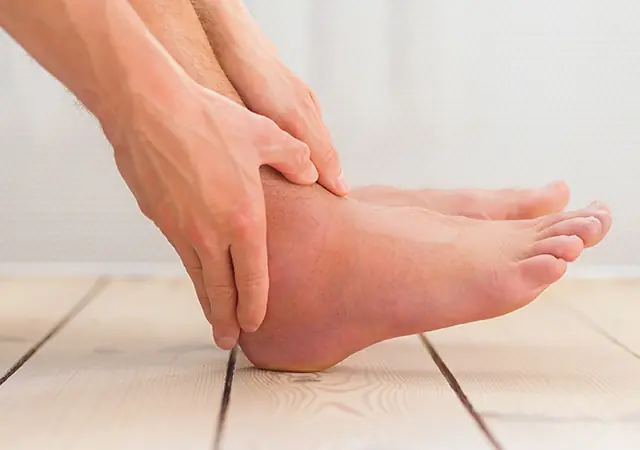
Swollen Legs, Ankles, and Feet: Causes and Proven Remedies (Including a Parsley Tea Recipe)

Scientifically Proven Health Benefits of Papaya + Uses for the Seeds

If You Eat Eggs Every Day

How to Keep Your Ears Clean For Longer

Eating More Cruciferous Vegetables May Cut Colon Cancer Risk

Dogs Able to Sniff Out Parkinson’s Before Symptoms Appear
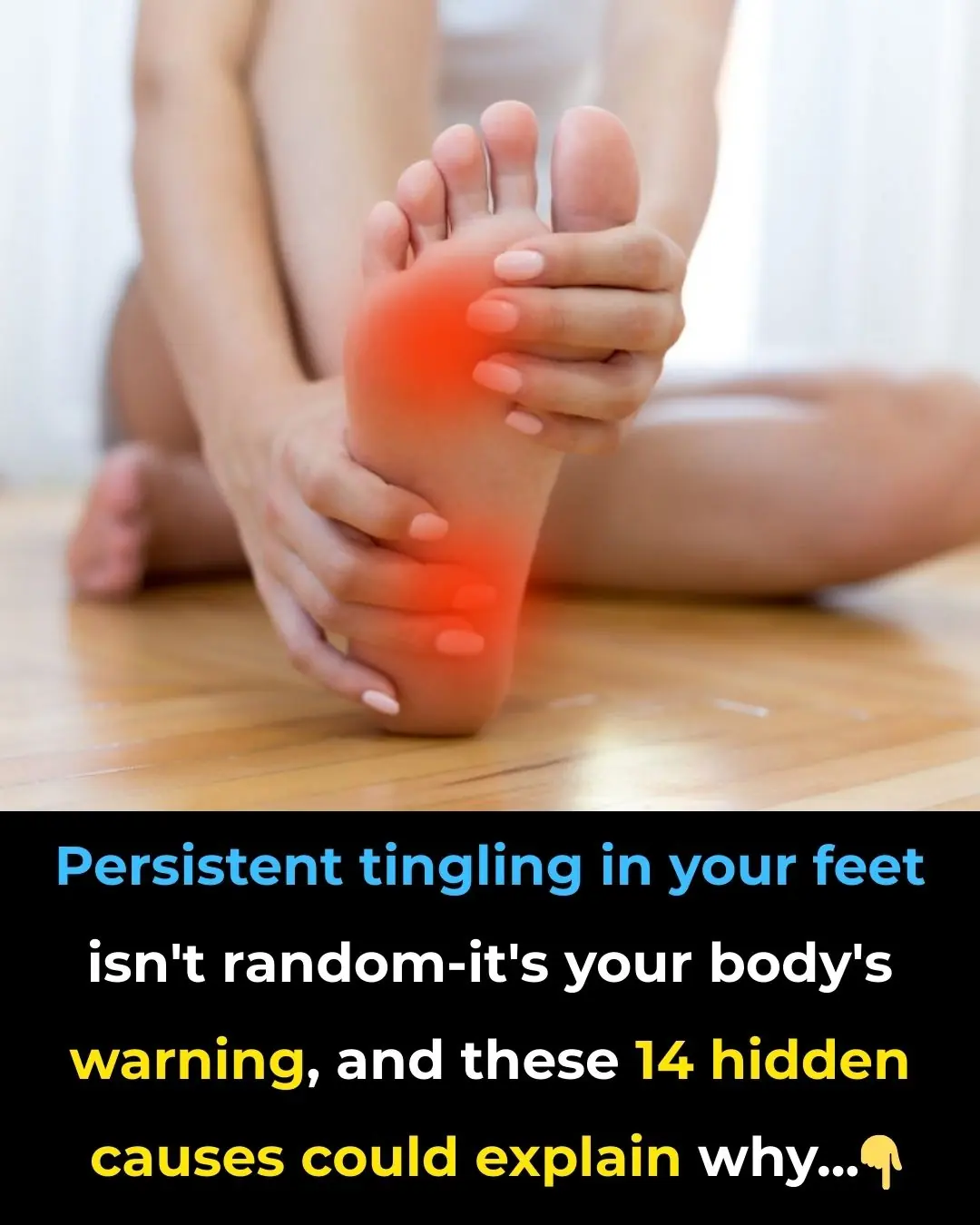
14 hidden causes of tingling feet (and what to do)

At last — how to detox the brain naturally

5 Blood Clot Facts Doctors Want You to Know

8 Foods That Help Lower Your Cholesterol
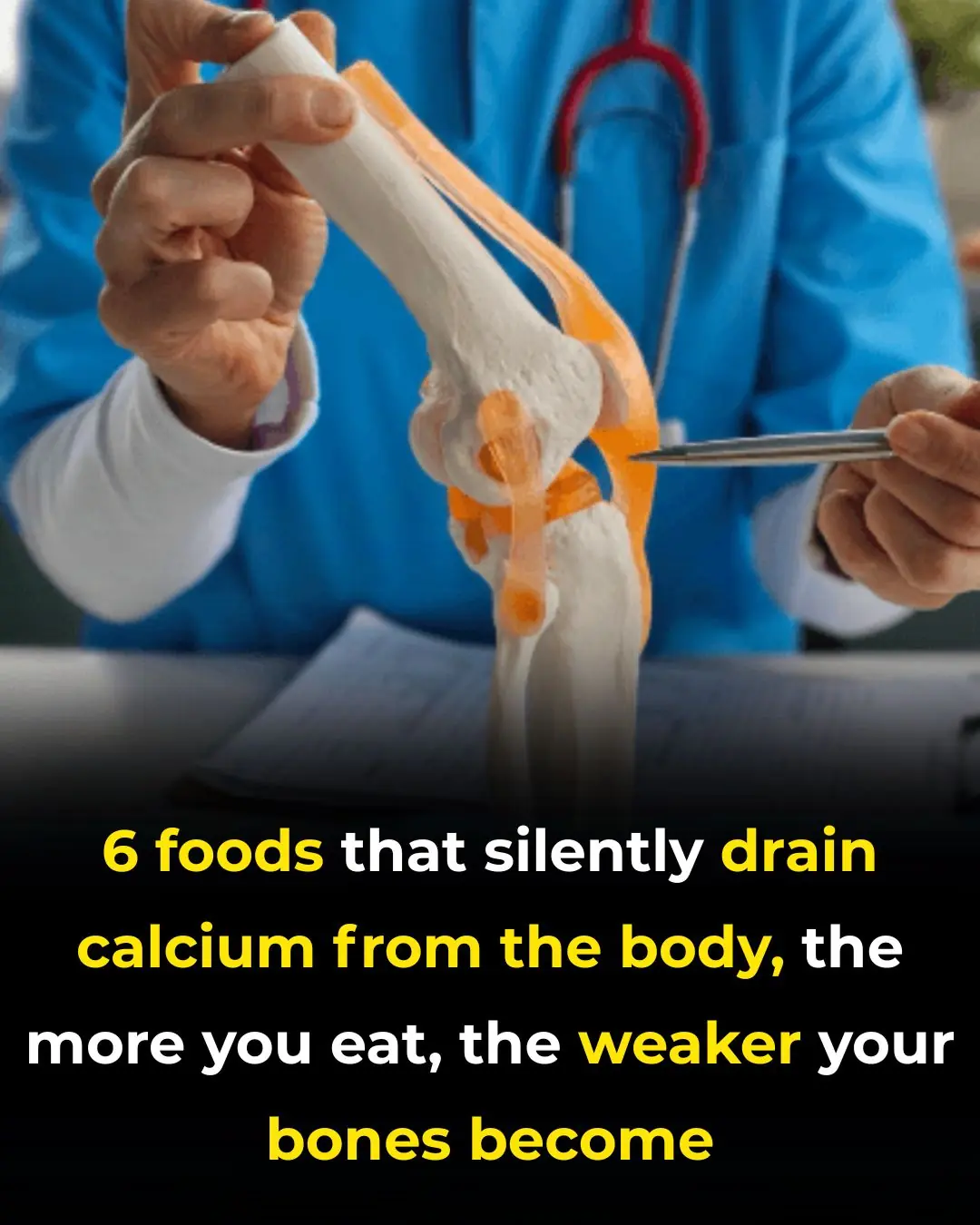
6 Harmful Foods That Weaken Calcium Levels

How to Use Castor Oil to Regrow Eyelashes and Eyebrows
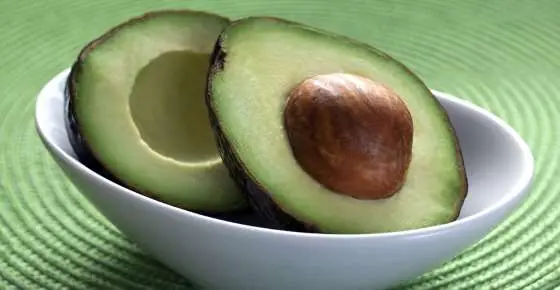
Scientifically Proven Health Benefits of Avocado and Avocado Seeds

Experts Say They’ve Pinpointed the Cause of Autism—And It Could Lead to New Treatments

Scientists Say Cancer Can Now Be Detected Years in Advance with Simple Blood Test

Final straw that led to billionaire CEO's desperate escape from Japan inside 3ft box

10 Early Warning Signs Your Blood Sugar Is Way Too High

If Your Legs Cramp at Night You Need to Know This Immediately
News Post

Bill Gates reveals the only three jobs he believes will survive the AI revolution

Man had his lifetime first class ticket removed mid-flight after he cost the airline $21,000,000

Unlock Your Body's Healing Power with Water Fasting

Swollen Legs, Ankles, and Feet: Causes and Proven Remedies (Including a Parsley Tea Recipe)

Scientifically Proven Health Benefits of Papaya + Uses for the Seeds

If You Eat Eggs Every Day

How to Keep Your Ears Clean For Longer

The Secret Ingredient for a Dust-Free Home for a Whole Week
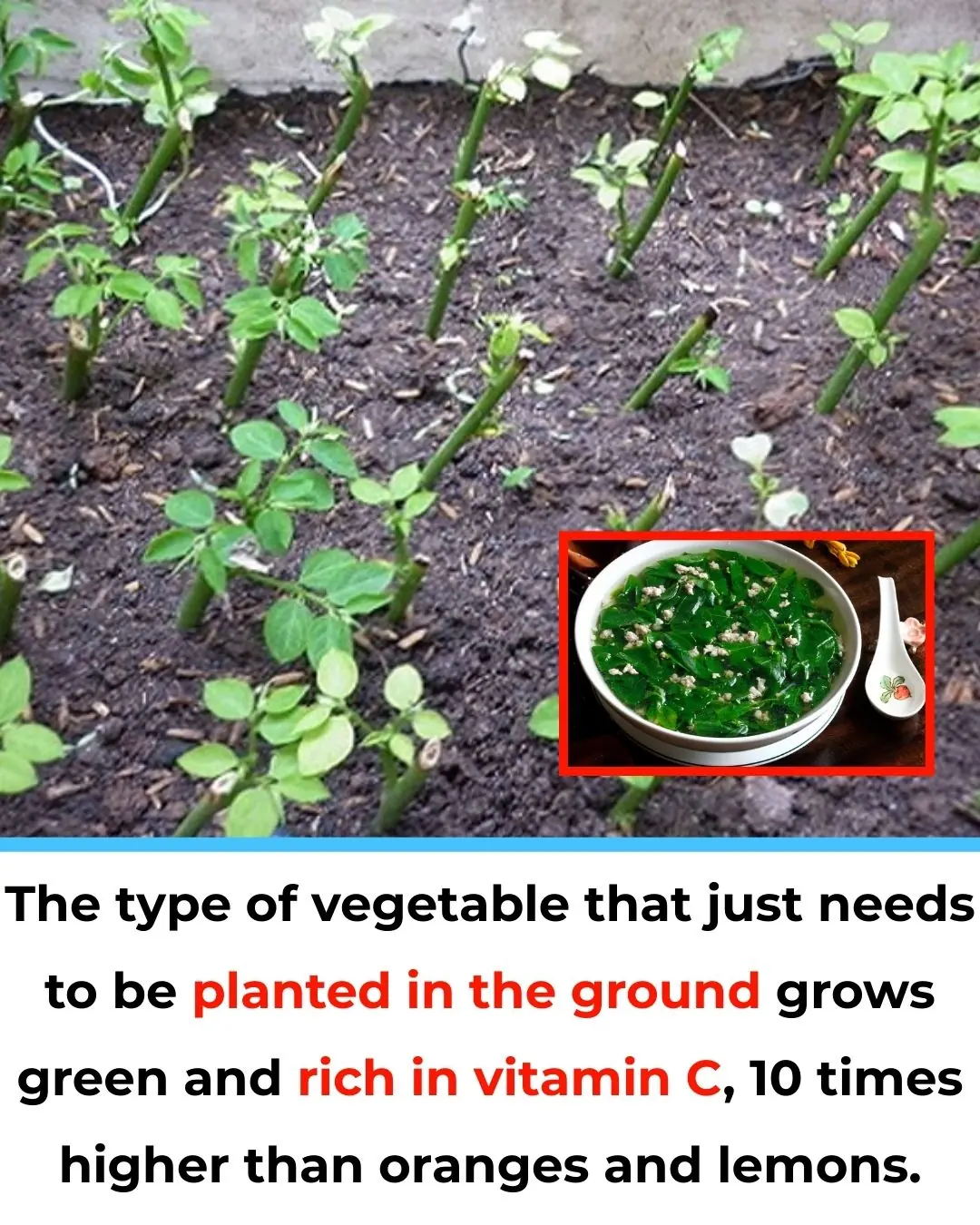
The Super Vegetable That Grows Green and Is Packed with Vitamin C—10 Times More Than Oranges and Lemons!

Why Smart People Keep This Jar in the Bathroom: The Surprising Benefits You Need to Know

The Hidden Function of the Small Hole in Your Sink: Why It's Actually Essential

How to Restore Your Yellowed Pillow to Its Original White with One Simple Trick

The Hidden Function of the "Small Box" in Your Washing Machine: Why You Should Never Skip It

How to Clean Plastic Baskets with One Simple Trick

The Best Way to Keep Shrimp Fresh and Sweet for a Whole Week

I Hesitated to Date a Single Dad—But What I Discovered After He Moved In Shocked Me

Eating More Cruciferous Vegetables May Cut Colon Cancer Risk

Dogs Able to Sniff Out Parkinson’s Before Symptoms Appear
